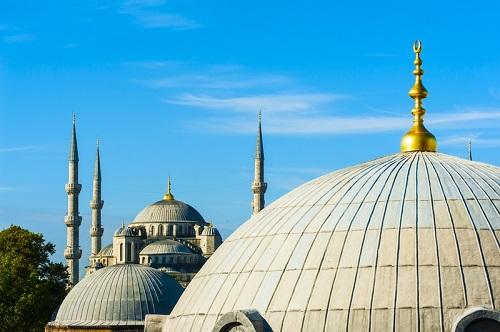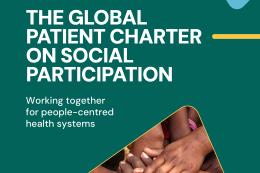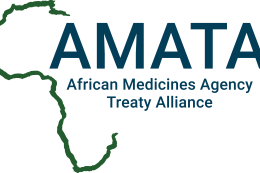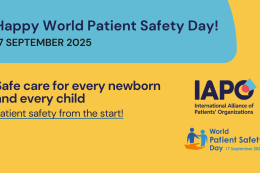Ramadan and Eid Mubarak to our Muslim members across the world

By the time our July newsletter comes out, many of our members will be making preparations to celebrate Eid-Al Fitr, marking the end of a month-long dawn to dusk fast. Considered one of the five pillars of Islam, the fast (Shwam) during the ninth lunar month of the Islamic calendar is observed by abstaining from food and drink from dawn to sunset, and through showing kindness and generosity towards fellow citizens.
Existing guidance
In the northern hemisphere, where the duration between sunrise and sunset in summers can be anywhere between 17 hours (Toronto, Canada) to 22 Hours (Reykjavik, Iceland), many patients’ organizations have produced special guidance for Muslim patients this year as these long hours can impact on the health of patients with chronic conditions.
As Ramadan follows a lunar cycle, the ninth lunar month lags by 10 days each year from the solar calendar. Over time, this has resulted in Ramadan bridging the shortest day (winter solstice) of the year, for example in Ramadan 2000 during December-January, or bridging the longest day of the northern hemisphere (summer solstice) as in Ramadan 2015 during June-July.
In the UK, where most organizations are institutionalising cultural competence within their policy and practice, and where during the next three years the fast may last for 18 hours, the Muslim Council of Great Britain, the National Health Service and Diabetes UK have produced additional guidelines for diabetic patients.
Help us draft guidelines for next year
We would like to put together some patient-centred guidelines for Muslim patients on fasting and their treatment for the next Ramadan. Can you help? We welcome input from patients’ organizations and Muslim patients in general. Please email us with suggestions.



